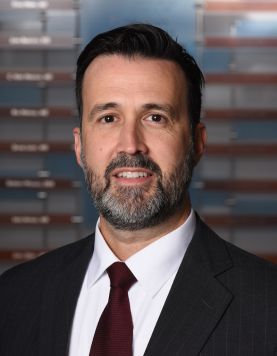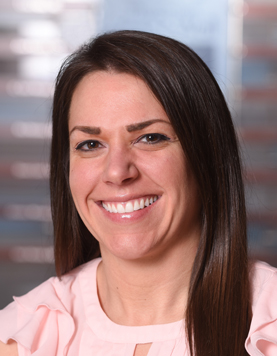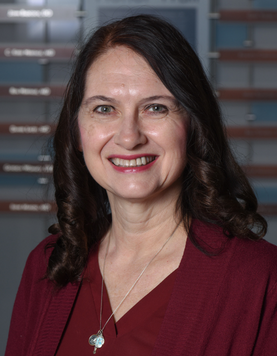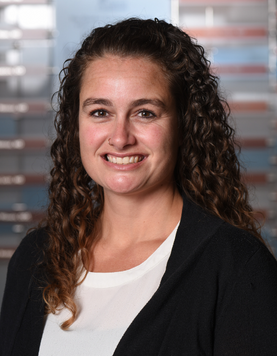what is an omphalocele?
An omphalocele is a birth defect where your baby's intestine or other abdominal organs (such as the spleen and liver) protrude out of the abdomen and into the base of the umbilical cord. Whatever is outside of the abdomen is covered with a thin membrane (which is one of the ways this condition is different from gastroschisis, a similar defect).
Omphalocele occurs very early in pregnancy when the abdominal cavity fails to form normally. When the umbilical ring fails to close around the umbilical cord it results in a small defect that usually contains only the intestine. Small omphaloceles are more likely to be associated with chromosomal defects or syndromes.
Older mothers have a higher risk of having babies born with an omphalocele. It's a rare defect that occurs in one in about every 4,000 to 7,000 births. Many babies with an omphalocele have other birth defects as well.
how is omphalocele diagnosed?
The diagnosis of omphalocele is made by ultrasound as early as 12 weeks. Since babies with omphaloceles are more likely to have other congenital disabilities, your doctor will discuss diagnostic testing for chromosomal or genetic abnormalities. You will meet with a genetic counselor who will further explain the results of all this testing. Your baby's heart will be closely evaluated to detect any abnormalities, and a fetal echocardiogram may be ordered if a heart defect is suspected.
how is an omphalocele treated?
At birth, your baby's belly will look like there is a clear sac filled with liquid. You may be able to see through the sac and see the bowel or other organs. Your baby's umbilical cord will be on the top of the sac. While your baby is in the delivery room the sac will be kept moist and covered with plastic to keep the sac intact and protect the bowel. Particular attention is paid to breathing assistance, as babies with giant omphaloceles typically have small lungs and often require a breathing tube and ventilator. Following delivery, your baby will be transported to Dayton Children's and admitted to a special unit called the Neonatal Intensive Care Unit (NICU), which takes care of sick babies after birth. The neonatologist and pediatric surgeon will work together to decide when it is best for the baby to have surgery.
If your baby's omphalocele is small, surgery may be done soon after birth. The pediatric surgeon will return the bowel and other organs into the belly and close the opening. If the omphalocele is larger, your baby's belly will need to grow enough to make room for the organs before surgery can be done. The repair would then be done in stages. If the sac ruptures before it is repaired, the baby will need to have surgery right away.
Sometimes the omphalocele can be too large to repair right away. Skin will grow to cover the sac with the help of medication, good skincare, and nutrition. If this happens, your baby will then have surgery to close the belly muscles in 6-12 months, when the belly is larger. Babies waiting to grow before surgery often go home with their families once they are eating well and the family has learned how to change the dressing and protect the sac.
how will an omphalocele affect my baby during and after surgery?
The survival rate is over 90 percent if the baby's only issue is an omphalocele. The survival rate for babies who have an omphalocele and serious problems with other organs is about 70 percent. Babies with small omphaloceles and no associated birth defects generally have good outcomes with close follow-up by their pediatric surgeon and pediatrician. Your baby may have some feeding difficulty, gastroesophageal reflux, growth delays, and bowel obstruction, which may require a follow-up with a pediatric gastroenterologist. Your baby may also have long-term breathing problems. Your baby may be more prone to sickness than other babies, so close follow-up with your pediatrician will be important.









